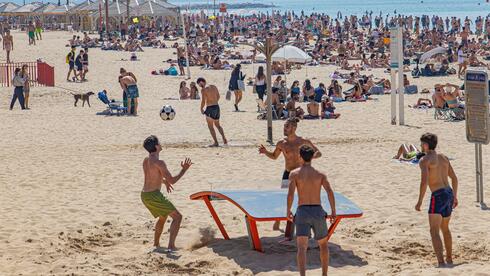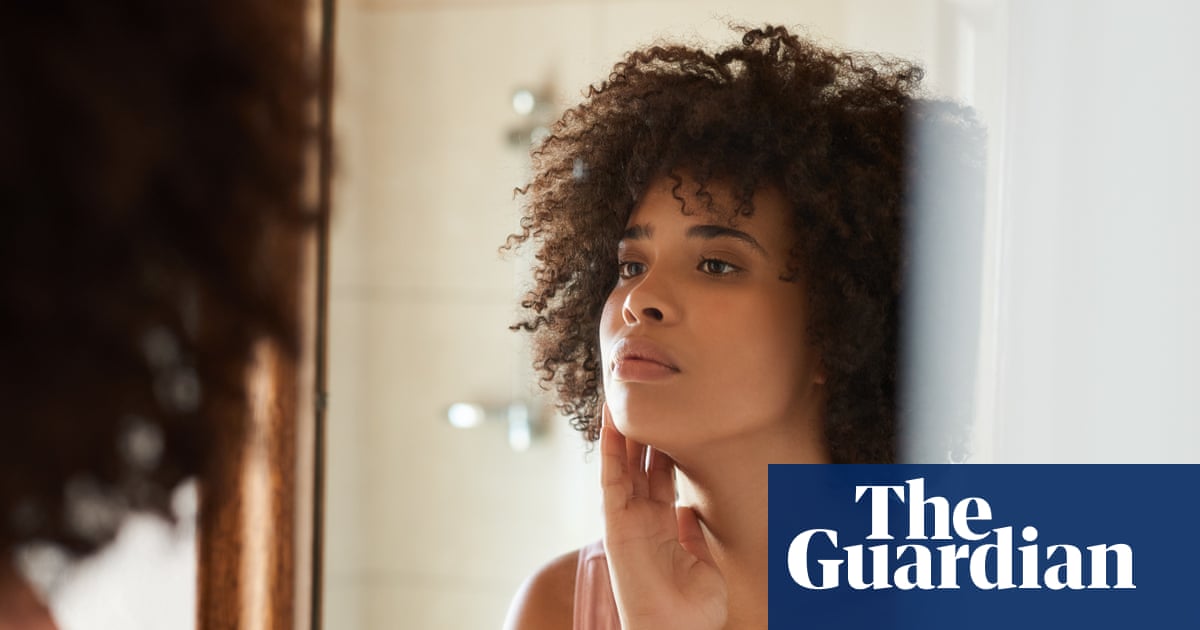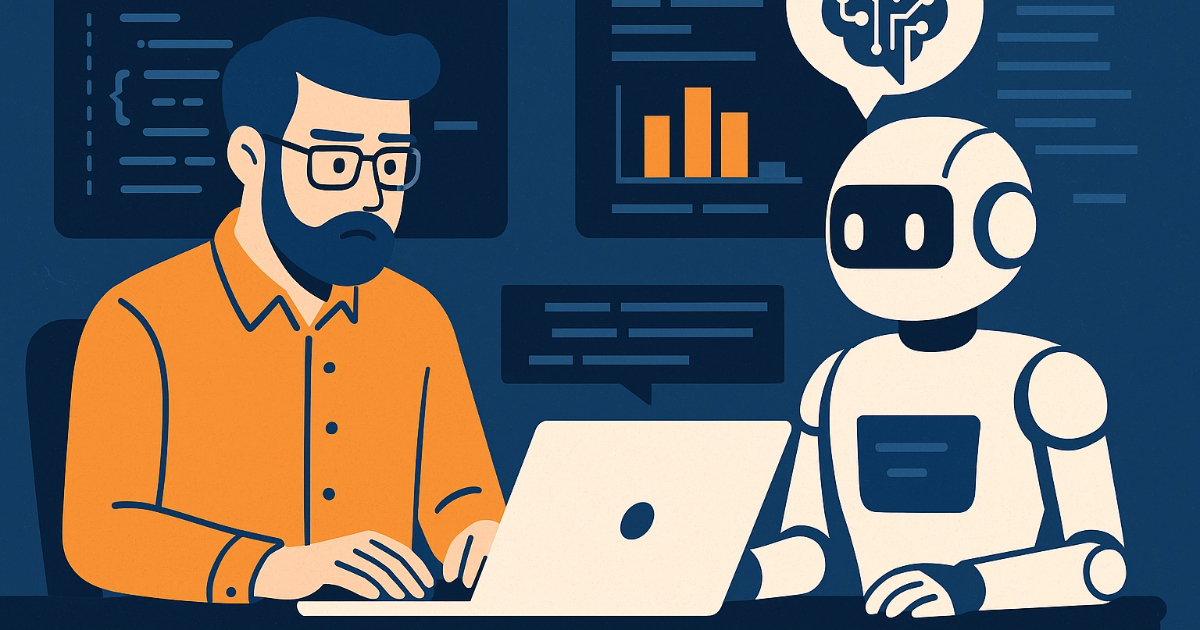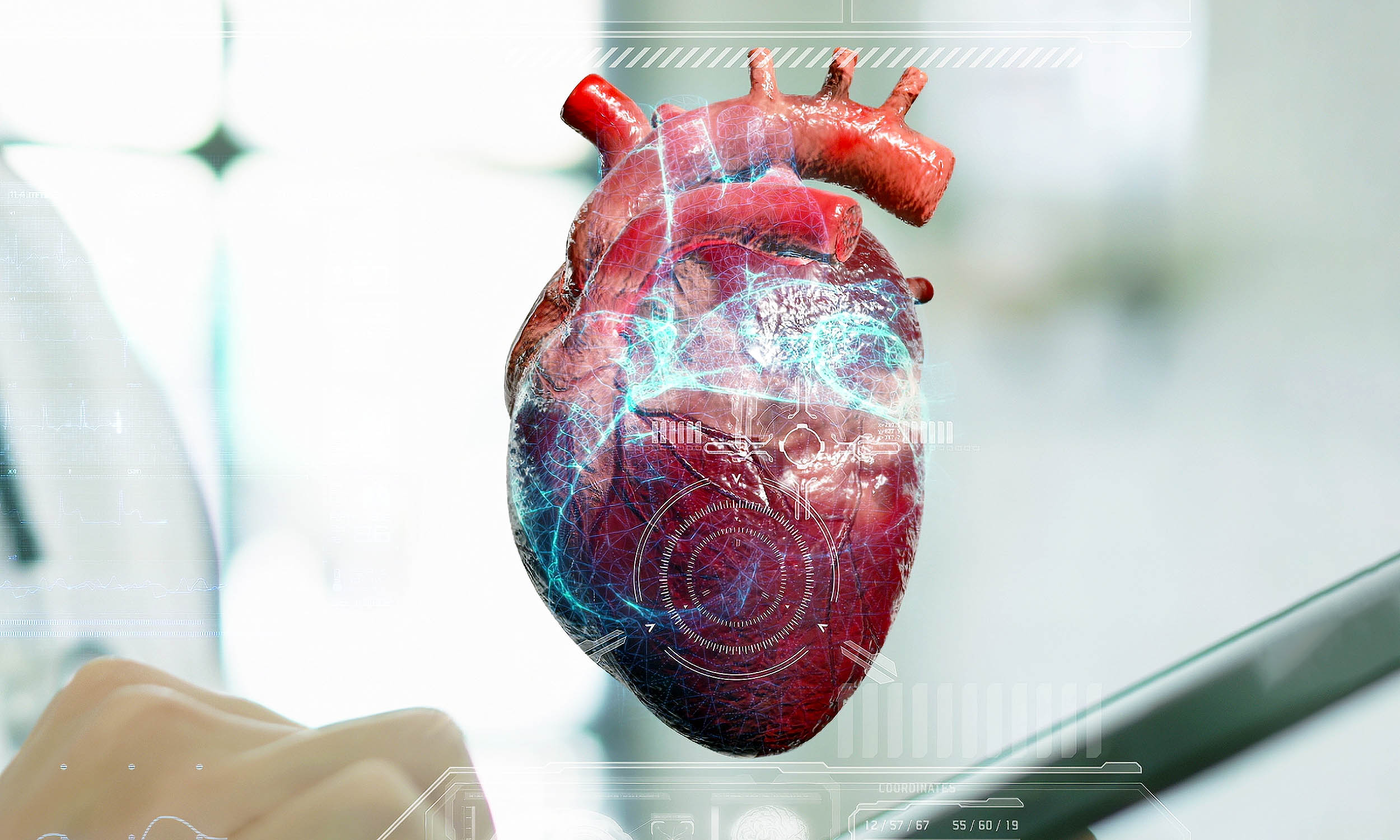T4K3.news
Skin age measurement tool by Novos shows surprising results
A new AI tool reveals real skin ages for volunteers, sparking mixed reactions.

A new AI test by Novos offers surprising insights into skin age for volunteers.
AI tool reveals real skin ages of volunteers
Novos, a skincare company from New York, introduced an AI tool to analyze skin health. This tool, trained on more than three million images, provides a numerical age based on various skin qualities like wrinkles, redness, and uniformity. Volunteers participated in this test and expressed a range of reactions, from pleasure to disappointment, as they saw results that sometimes exceeded their real ages by several years. For example, one volunteer was told they looked 11 years older, resulting in a frustrated remark about the harsh truth of aging. Others, like a 25-year-old who received a score suggesting he looked 23, were pleased to see validation of their skincare efforts. As much as the AI test provided detailed insights, it also raised questions about how technology can influence perceptions of beauty and aging.
Key Takeaways
"I was pleasantly surprised that the AI tool thought I was 36, seven years younger than my actual age."
Siofra, a 43-year-old volunteer, reflects on her favorable test results.
"It ruined my day when the AI believed my face age was 11 years older than I actually am."
Alexis expresses disappointment at the AI's judgment about his age.
"The software said that time waits for no man. I guess Botox might be on the horizon."
Jack admits he was shocked to be rated older than he expected.
"It's great to see that my skincare routine is paying off, but those pore scores are a concern."
Oliver shares mixed reactions about his skin analysis results.
The introduction of this AI skin analysis tool highlights a growing trend in smart skincare solutions that claim to personalize skincare regimens based on technology-driven insights. While many users embraced the feedback as constructive, others experienced discomfort at the stark reality presented by the software. This emotional response reflects deeper societal issues around age perception and self-esteem tied to appearance. Additionally, with the product's ties to a beauty company, skepticism about the tool's objectivity emerges. Such advancements illustrate a convergence of technology and beauty that may both benefit and challenge consumers' understanding of their skin.
Highlights
- AI told me I look 11 years older than my age, harsh reality check.
- Unexpectedly, my eye age is 29; I'm thrilled with the surprise.
- Results can boost your skincare game or ruin your day, no in-between.
- Beauty may be skin deep, but AI isn't pulling any punches.
Concerns over beauty standards and age perception
The AI's results may influence societal beauty standards and impact self-esteem, leading to potential public backlash against tech-driven beauty assessments.
As consumers continue to seek reliable skincare advice, tools like this may shape future beauty standards.
Enjoyed this? Let your friends know!
Related News

New studies explore sunlight benefits for health
Pamela Anderson criticized for aging appearance

New MRI test predicts biological aging and health risks

Vitamin D deficiency still affects many during summer

New research links fat distribution to health risks

Collagen treatments gain popularity amid mixed evidence

Study shows AI tools slow down task completion

New heart age calculator launched to improve cardiovascular health awareness
